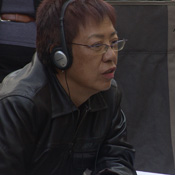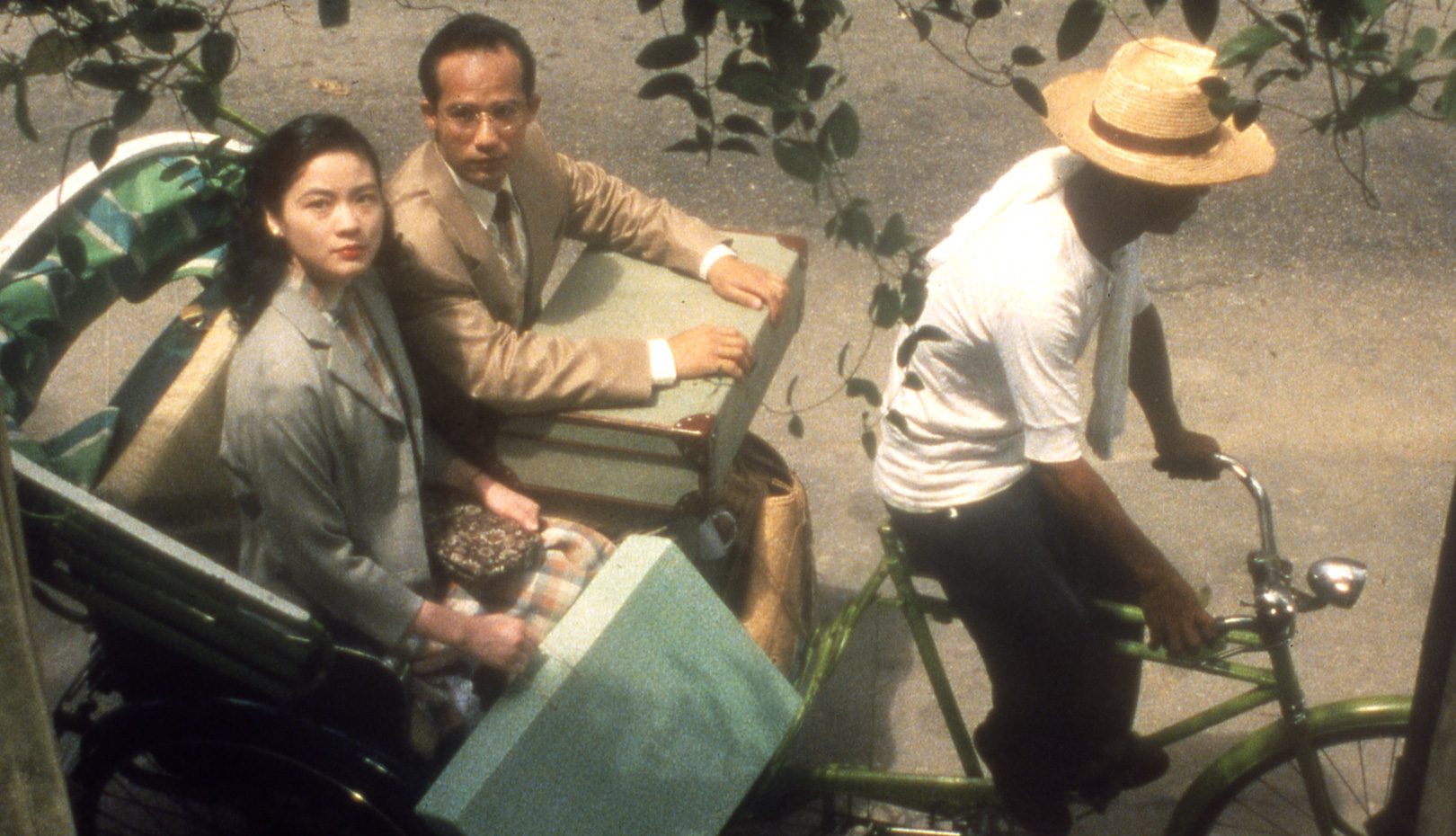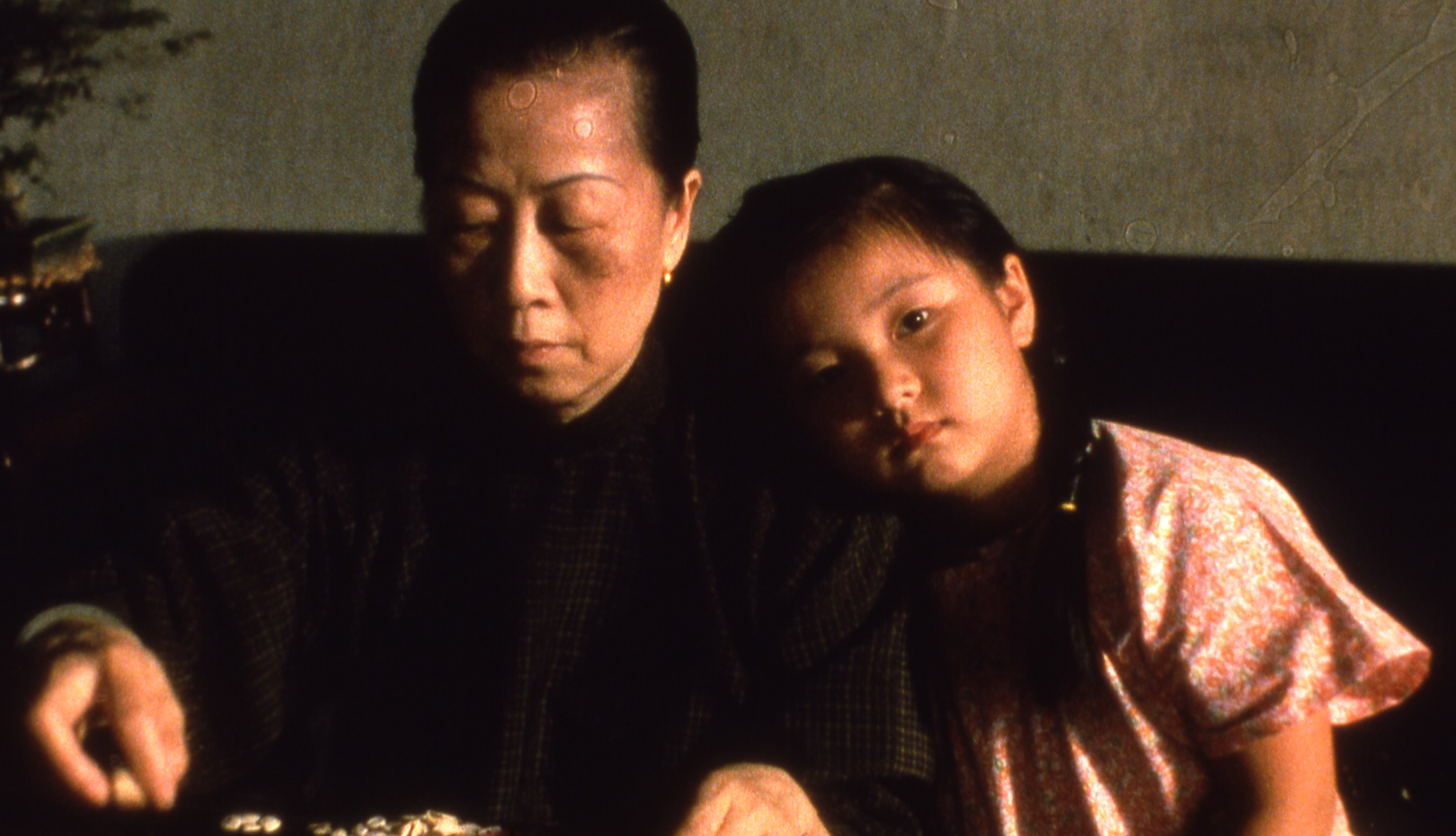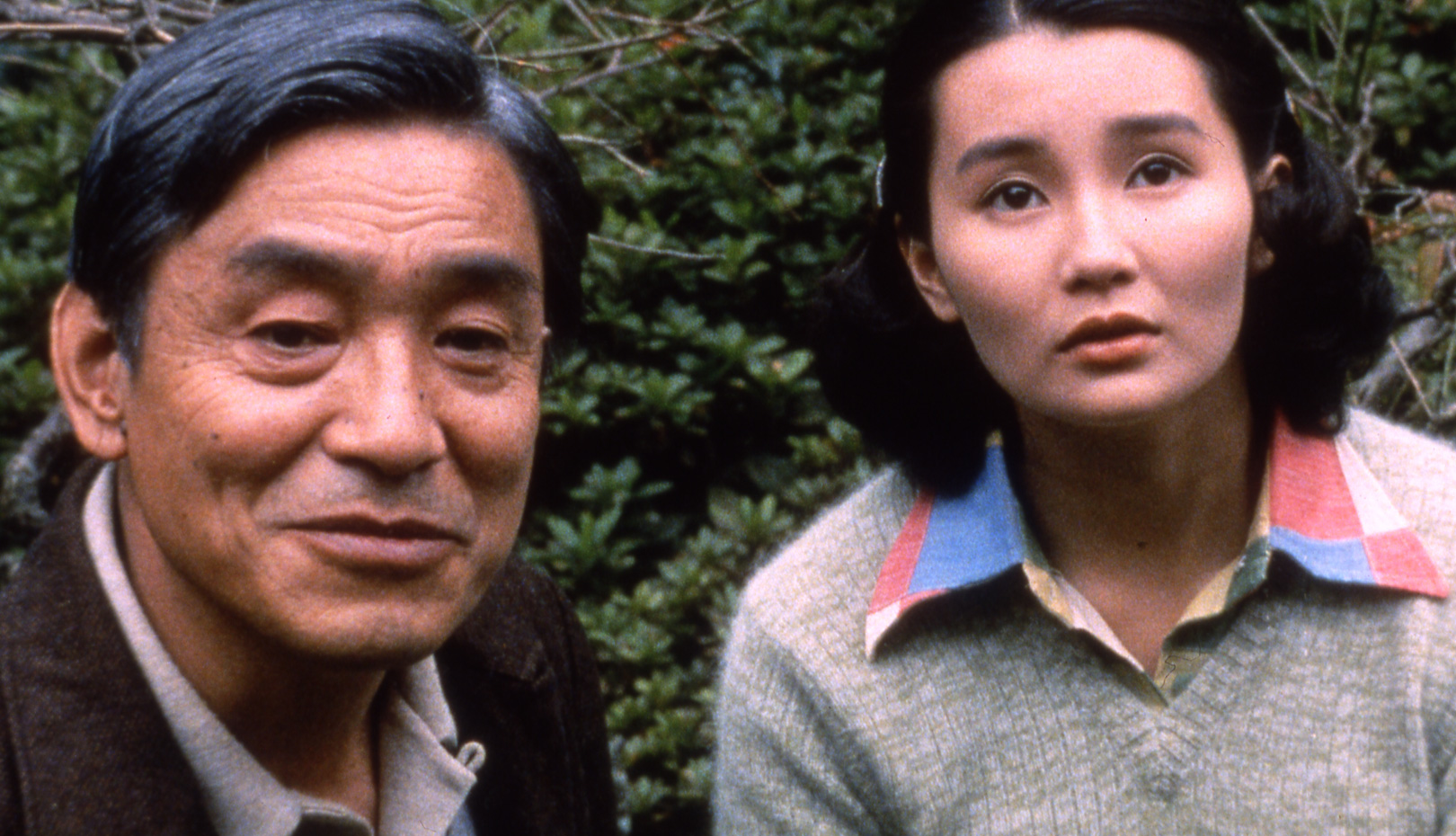22st(2020)
Song of the Exile
 트레일러 재생
트레일러 재생
Ann HUI
- Hong Kong, Taiwan
- 1990
- 100min
- DCP
- color
- Fiction
mother and daughter / immigration / East Asian history / cultural difference / Japanse imperialism / war
SYNOPSIS
Synopsis
Hui-Yan, who doesn't get on well with her mother since young, comes back home from abroad for attending her younger sister's marriage. After her sister's emigration, Hui-Yan has no choice but to accompany her mother back to her hometown, Beppu, Japan. Being unaccommodated in a country with different language and living customs, Hui-Yan finally gets to know the loneliness and helplessness of her mother throughout the years with her husband's parents. It makes her to give a reappraisal to her mother.
Program Note
Song of the Exile is an autobiographical story of the director Ann HUI, who grew up in Hong Kong as the child of a Japanese mother and Chinese father. It is an exceptional film among her filmography, comprised of snapshots of records of novels, articles, and other people's stories focusing on the ever-changing society and people of Hong Kong, rather than telling her own story. The film depicts the life of a Japanese woman who married a Chinese soldier during the Sino-Japanese War, through her daughter's perspective. It traces Asian history interwined with the Second World War and Japanese imperialism, as well as a life and language of diaspora which settles down nowhere, neither a homeland nor a new residence, from a feminine point of view. Her daughter deals with external and internal problems, which are relatively adjusted when one crosses boundaries like countries, languages, or cultures. She accepts her mother's alienation as her own with empathy, raising audience emotion in the process. When the spectrum of sympathy moves from the relation of mother and daughter to that of daughter and grandfather at the end, audiences can experience an adaptability that reflects relative and changeable distances and relationships between characters. [HWANG Miyojo]
*No English subtitles provided
Director
-

Ann HUIAnn HUI
Ann HUI was born in 1947 in Anju City, Liaoning Province, China, to a Nationalist Party clerk and a Japanese mother. Her family moved to Macau and then settled in Hong Kong. She found out her mother was Japanese when she was a teenager, as she assumed her mother spoke clumsy Cantonese because she was from another part of China. After receiving a Masters in English Literature and Comparative Literature at the University of Hong Kong, she studied filmmaking at the London Film School in UK in 1972. HUI returned from UK in 1974 and worked at the film department of Television Broadcasts Limited (TVB) in Hong Kong. The TV films and dramas she produced at this time form the pre-history of Hong Kong's New Wave along with TV films from directors TSUI Hark, FONG Allen and YIM Ho. In particular, HUI dealt with social issues afflicting the lives of the middle and lower classes in Hong Kong in the series Below the Lion Rock, which was broadcast by Hong Kong's public broadcaster for decades, making her Hong Kong's leading socially-conscious film director. In 1979, she directed her first feature The Secret, a thriller that examined female oppression in traditional Chinese communities. Together with the directors who debuted around the same time, she led the New Wave era in Hong Kong. The story of Vietnamese refugees that began in From Vietnam (1978) in Below the Lion Rock was then linked to The Story of Woo Viet (1981) and Boat People (1982), completing the 'Vietnamese trilogy'. Since then, she has continued to capture the ever-evolving city of Hong Kong from her own perspective. Her filmography includes Song of the Exile (1990), which reflects on East Asian history by focusing on a mother-daughter relationship; the 'Vietnamese trilogy' which captures Hong Kong, a city of refugees and separated families; Summer Snow (1995), The Postmodern Life of My Aunt (2006), A Simple Life (2011) which reflect on the lives of middle-aged and older women in the city; The Way We are (2008), and Night and Fog (2009) which portray the ordinary lives of people in a city near the Chinese border after Hong Kong's return to China. Ann HUI has received Golden Lion award for Lifetime Achievement at Venice International Film Festival 2020.
Credit
- ProducerHU King
- Cast Maggie CHEUNG
- Screenwriter WU Nien-Chen
- Cinematography David CHUNG
- Editor WONG Yee-Shun
- Music CHAN Yeung




